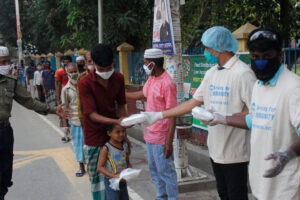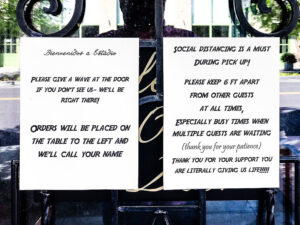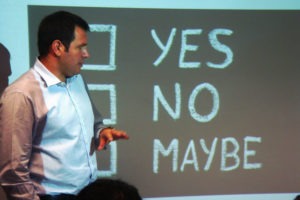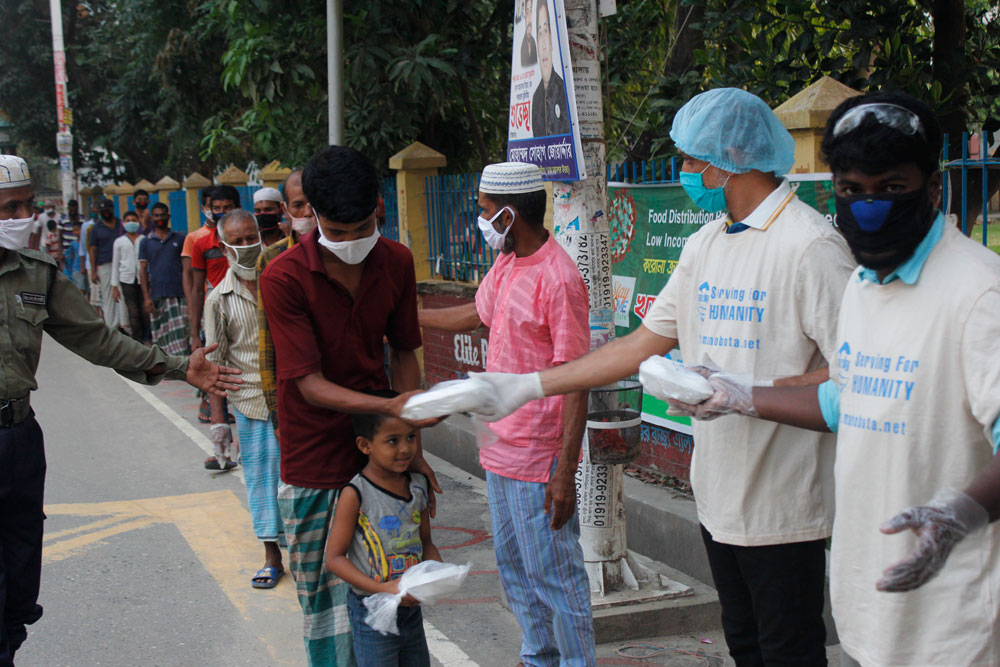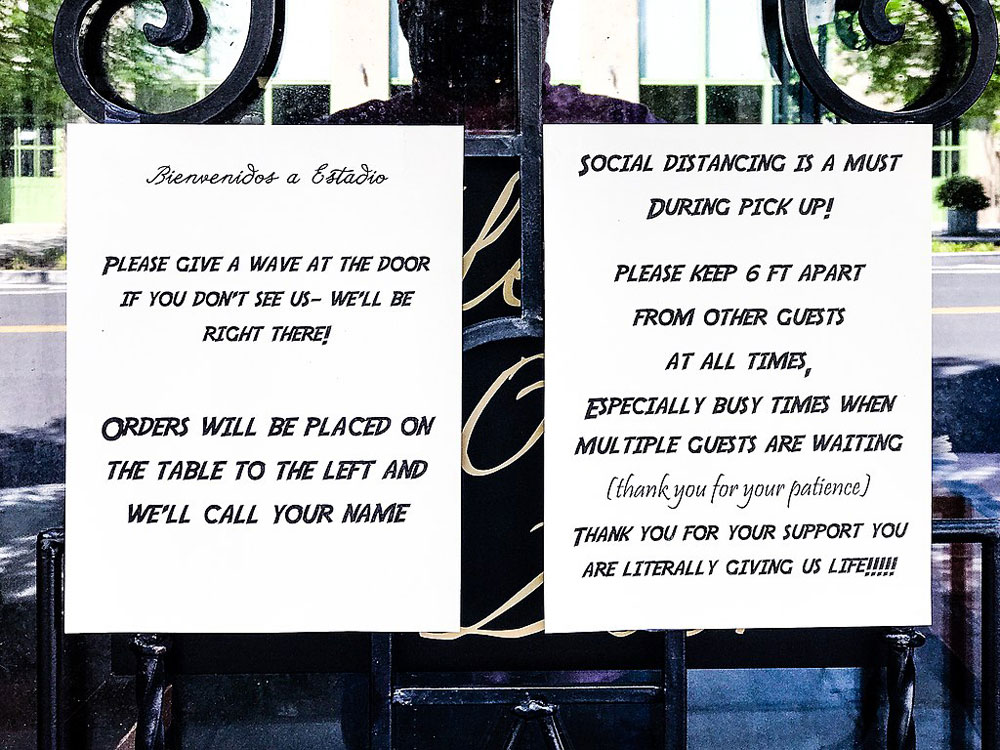March 22, 2011; Source: thegrio.com | While large-scale relief efforts for Japan have just begun, similar help for Haiti has dwindled. The Jan. 12, 2010 earthquake left millions of people homeless. The U.S./Haitian community has not forgotten their country, organizing small-scale relief efforts by ordinary citizens. It is a style of philanthropy called micro aid – small in size and consistent in frequency.
Reginald Amide, a student from St. John’s University in New York City, helped to organize a Haiti relief dinner last month with the university’s Haitian student organization. The dinner’s proceeds were donated to Zafen.org, a new microfinance website. Edlyne Abellard, a 43- year old registered nurse from New Jersey, conducted a clothing drive at her church and shipped her donations to Port-Au-Prince, where she was born. She and her husband have also increased their monthly donation to a private school that was destroyed by the earthquake.
Sign up for our free newsletters
Subscribe to NPQ's newsletters to have our top stories delivered directly to your inbox.
By signing up, you agree to our privacy policy and terms of use, and to receive messages from NPQ and our partners.
These “mom and pop” philanthropists are proving that micro-aid philanthropy can make a difference in people lives. William Gibbs, Jr., a Haitian-American physical rehabilitation specialist from New York City, saw a huge need for prosthetics and physical therapy to treat nearly 100,000 amputees – Haiti’s biggest medical crisis after the earthquake. Gibbs has an ambitious solution: In a country that currently lacks modern day amenities and where physical mobility is essential to live, he plans to build a rehabilitation center. Land has been acquired and architectural plans have been drawn up. The project has the backing of America’s largest organization of Haitian doctors but millions of donated dollars still need to be raised before ground is broken.
This independent charity work is based both on Haitians’ love for their country and skepticism that pledges made by large international relief organizations will not be fulfilled. Community leaders believe that the disaster in Japan may be redirecting billions away from the island nation. These concerns have turned many citizens into entrepreneurial philanthropists, doing what they can to help their homeland.—Nancy Knoche


